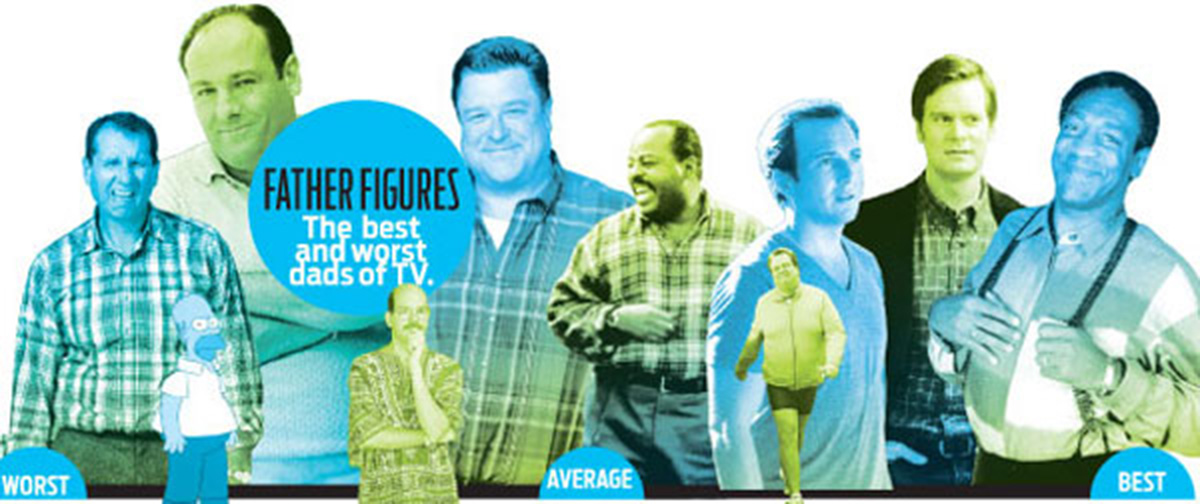Dawn of the Dad

Photograph by AP Images (Will Arnett, Peter Krause); Getty Images (Eric Stonestreet); Neal Peters Collection (All Others)
It’s a commercial we’ve all seen a million times: A bumbling guy commits some sort of idiocy, his benevolent wife comes to the rescue, and product shot. For 30 years, this approach has sold everything from yogurt to paper towels — and with 3.9 million mommy blogs now reaching an estimated 32 million women, according to a 2010 study by eMarketer, it has spread to the Web as well.
So when Ragú recently deployed the formula in an online campaign to sell its pasta sauce, it probably wasn’t expecting much backlash. But the company wasn’t counting on Milford resident C. C. Chapman, or the burgeoning power of the dad blog movement. Chapman took his gripe online and to his 30,000 Twitter followers. “Once again,” he wrote, “we have a brand who has decided to only focus on the mom side of the parenting equation and play into the stupid stereotypes that dads get pegged with all the time.” The response was overwhelming.
He had struck a nerve: Simply put, dads are tired of being portrayed as morons. They no longer identify with beer-swilling bros. In fact, they’re going domestic. In a 2011 study by the Boston College Center for Work & Family, 65 percent of fathers surveyed said child-rearing duties — including cooking — ought to be split evenly with their wives. Meanwhile, “traditional” families with stay-at-home moms make up just 20 percent of households — the lowest rate in modern times.
Blogs like the Boston-based Good Men Project share Chapman’s concerns. “Charlie Sheen, Tiger Woods, Anthony Wiener, the list goes on,” says founder Tom Matlack. “There’s no focus on the great majority of men who are doing their damnedest to show up in their wives’ lives, their children’s lives, and doing the right thing.”
And from this soapbox, they’re finding an audience: Since June, the Good Men Project has more than quadrupled its number of contributors. “We think the daddy bloggers are just a couple of years behind the mommy bloggers as a real marketing force,” says Lisa Hickey, publisher and CEO of parent company Good Men Media.
When dads emerge as opinion-shapers, get ready to see them in a new light: as people, not punch lines.